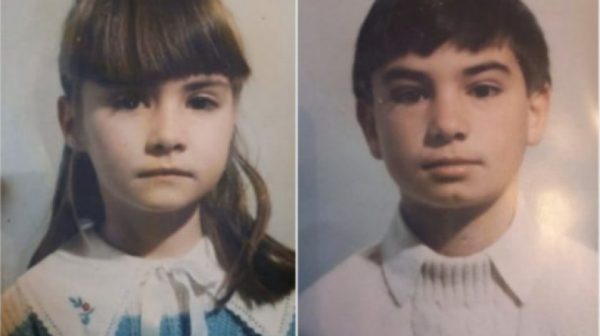
While Croats in Bosnia and Herzegovina extend their condolences to Bosniaks and the families of the victims, with a special bitterness in their hearts, it is hard not to notice the duplicity and injustice surrounding them. Humanly and sincerely, they offer their condolences to ordinary people, fellow citizens, Muslims, Bosniaks, but it is difficult for them to watch as the speakers’ platforms are taken over by those who have done everything to ensure that crimes against Croats remain unpunished.**
The first genocide after World War II did not occur in Srebrenica against Bosniaks, but in Grabovica against Croats. Mujahideen units, which today are claimed to have come to Grabovica above Mostar from besieged Sarajevo, committed this horrific crime. This opens a new controversy around the theory of the siege of Sarajevo, further complicating the already complex history of the conflict in Bosnia and Herzegovina. Similarly, the first infanticide, a military attack in which only children were killed on swings in Vitez, happened to Croats.**
Of course, Europe knows almost nothing about this, as if it never happened. The entire narrative after the war has been shaped to emphasize almost exclusively the Bosniak victimhood, while on the other side, guilt seems to be non-existent. In such a narrative, Croats have remained invisible, their sufferings ignored, and their deaths unpunished.**
Faith in justice among Croats in Bosnia and Herzegovina has almost completely lost its meaning. Justice, which should be universal and equal for all, has remained an empty word on paper. Instead, Croats face a regime that strictly ensures that the truth about Vitez and Grabovica does not get out. In such an environment, their need to express condolences to Bosniak victims is not just an act of humanity, but an almost superhuman need.**
Despite the injustice and the ignorance of their own sufferings, Croats show incredible strength and compassion. While they extend their condolences to Bosniaks, they simultaneously carry the burden of their own unpunished crimes. Every word of condolence comes with the weight of knowing that their own wounds are overlooked, that their own voices are silenced.**
How long will Europe turn a blind eye to these facts? How long will the narrative remain one-sided, ignoring the complexity and multitude of victims? As long as the truth about Vitez and Grabovica is not recognized and addressed, justice remains incomplete. Croats will continue to express their condolences, but with bitterness in their hearts and doubt in the justice that should be the foundation of every civilized society.**
This need for truth and justice, for the recognition of all victims, transcends national divisions. It is universal. While Croats extend their condolences, they simultaneously call for broader justice, for the recognition and halting of all crimes, regardless of who the victims were and who the perpetrators were. Only through such comprehensive recognition can we build a fairer and more truthful future for all of us.**